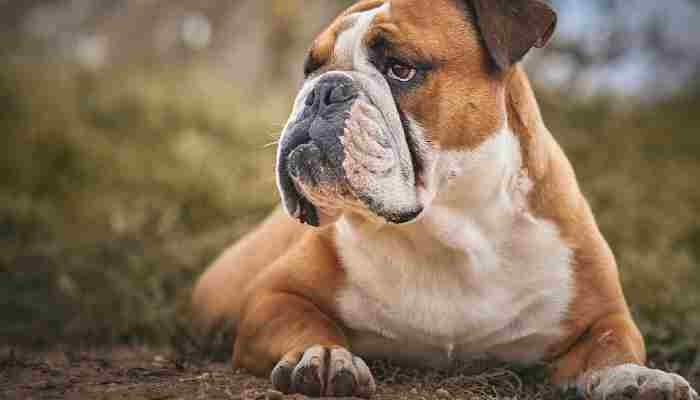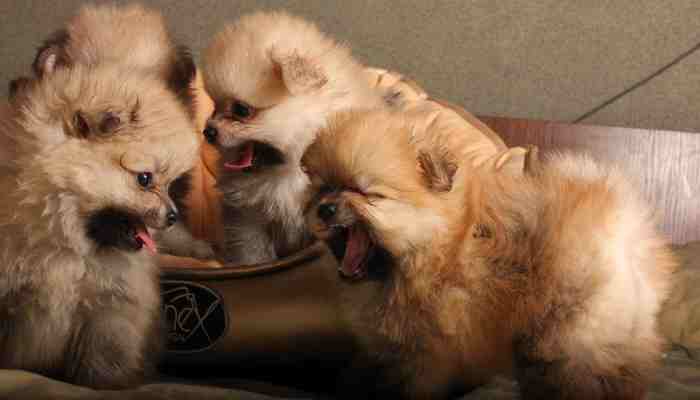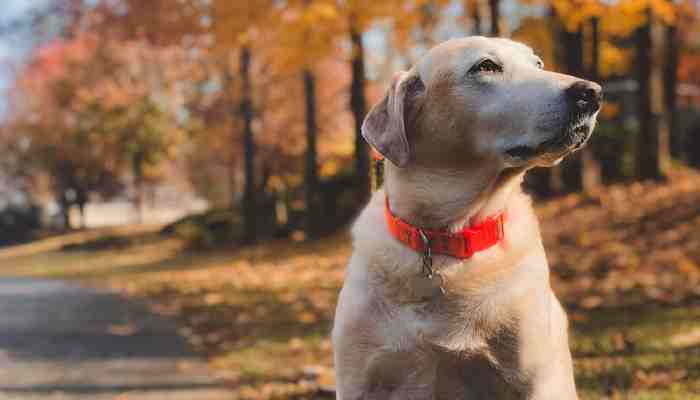Brachycephalic dogs, with their distinct flat faces and shortened skulls, have become increasingly popular as companions over the years. These breeds, known for their charming personalities and unique appearances, have captivated the hearts of dog enthusiasts. However, their distinct anatomy also brings with it a set of health considerations that owners and potential adopters must be aware of. This article delves into the characteristics of brachycephalic dogs, their health challenges, and the responsible care required to ensure their well-being.
Characteristics of Brachycephalic Dogs:
Brachycephalic dogs are characterized by their short snouts, flat faces, and broad skulls. This unique appearance is a result of a genetic trait that causes the bones of the skull to develop in a way that reduces the length of the snout. This trait gives these dogs their distinctive “pushed-in” facial structure. Some well-known brachycephalic breeds include Bulldogs, Pugs, French Bulldogs, Shih-Tzus, and Boston Terriers.
Physical Features:
Short snouts
Wide-set eyes
Prominent forehead
Compact, muscular bodies
Rounded skulls
Health Considerations:
While brachycephalic dogs are beloved for their endearing appearance, their unique anatomy makes them prone to several health issues. These issues are often a result of the shortened airways and other anatomical features that come with their flat faces.
Respiratory Issues: Brachycephalic dogs commonly suffer from brachycephalic obstructive airway syndrome (BOAS). The shortened snout, coupled with narrow nostrils and elongated soft palates, can lead to breathing difficulties. Labored breathing, snoring, and intolerance to exercise are common signs of BOAS.
Heat Intolerance: Due to their compromised airways, brachycephalic dogs struggle to regulate their body temperature effectively. This makes them extremely susceptible to heatstroke, especially in warm or humid conditions.
Dental Problems: The compact skulls of these breeds often result in overcrowded teeth, misaligned bites, and other dental issues. Regular dental care is crucial to prevent dental disease.
Eye Conditions: The wide-set eyes of brachycephalic dogs can make them prone to various eye problems, including proptosis (eyeball displacement), ulcers, and infections.
Gastrointestinal Issues: Some brachycephalic dogs have difficulty eating due to their facial structure, leading to regurgitation and choking. They may also be prone to flatulence and gastrointestinal discomfort.
Skin Fold Infections: Excessive skin folds around their faces can lead to skin fold dermatitis, a condition caused by moisture and bacteria accumulating in these folds.
Responsible Care for Brachycephalic Dogs:
Owning a brachycephalic dog comes with a set of responsibilities to ensure their health and well-being:
Regular Veterinary Care: Consistent check-ups are essential to monitor and manage any potential health issues. Choose a veterinarian experienced in treating brachycephalic breeds.
Weight Management: Maintaining a healthy weight is crucial for preventing additional strain on their respiratory systems.
Exercise Consideration: Avoid excessive exercise, especially in hot weather, to prevent heat-related stress.
Temperature Control: Keep brachycephalic dogs in cool, well-ventilated environments to prevent heatstroke. Never leave them in hot cars.
Diet and Feeding: Choose high-quality dog food that promotes dental health and prevents obesity.
Grooming: Regular cleaning and drying of skin folds can prevent skin fold infections.
Surgical Interventions: In severe cases of BOAS, surgical procedures may be necessary to alleviate breathing difficulties.
Brachycephalic dogs are undeniably charming companions, but their unique anatomy requires special attention and care. Understanding their health considerations and being prepared to provide responsible care can lead to a fulfilling and enriching life for these beloved breeds. By prioritizing their well-being, owners can enjoy the companionship of their brachycephalic dogs to the fullest extent.




